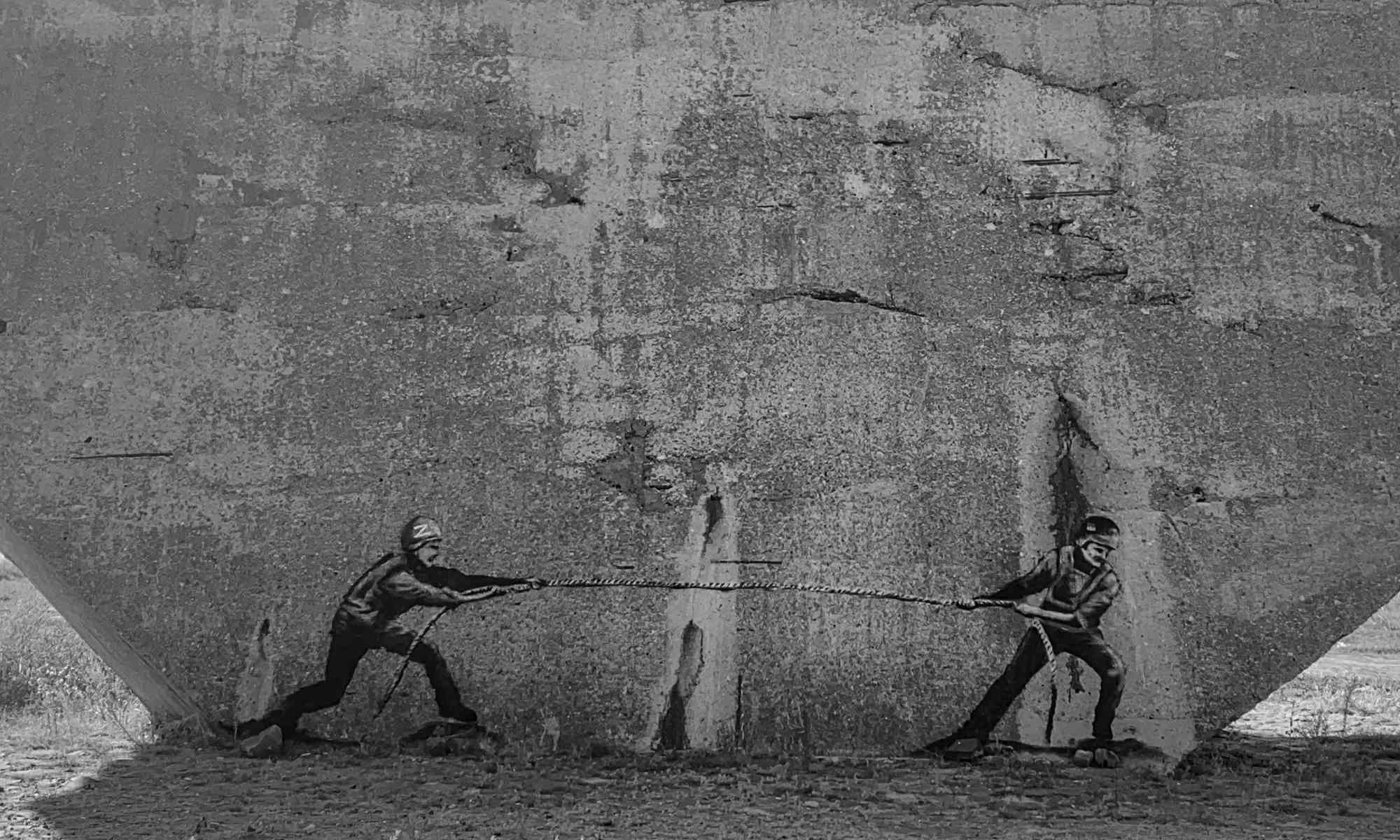Novelist Kazuo Ishiguro, the recipient of this year’s Nobel Prize in Literature, is a fearless experimenter who nevertheless adheres to a kind of simplicity in his writing, says Adam Parkes ’93 (PhD).
A professor of English at the University of Georgia who focuses on modern British and Irish literature, Parkes is the author of Kazuo Ishiguro’s The Remains of the Day: A Reader’s Guide (Continuum, 2001).
He says Ishiguro, a Japanese-born British citizen, is known as a serious writer who has been able to reach wide audiences with novels that include The Remains of the Day (1989), The Unconsoled (1995), Never Let Me Go (2005), and The Buried Giant (2015).
“He’s well know for pursuing a relatively narrow furrow, stylistically,” says Parkes. “There’s a mastery of the understated.
“But he explores all kinds of territory that’s under the surface of what he seems to be writing about. There’s an incredible poetic range of suggestion and evocation in his language and in his use of narrative form that goes beyond the apparent simplicity and accessibility of his writing.”
What tradition would you place him in, as a novelist?
He’s writing self-consciously in the tradition of the English novel, in terms of Jane Austen through E.M. Forster—the country-house novel. The Remains of the Day is the obvious example there. But you can see him in other contexts, as well. There’s the European context—Kafka is an influence, and I think that’s subtly true in a lot of his fiction, but it’s clearly present in The Unconsoled. It’s his longest novel, big and rangy with a looser, baggier aspect to it. There’s a Kafka-like aesthetic there. And there are connections you can make with other contemporary writers, especially in terms of contrasts, like Salman Rushdie, on one side, and Ian McEwan, on another.
There’s a Japanese influence as well, even though Ishiguro has understandably and probably rightly tried to resist attempts to overstate that. But it seems to me that you don’t benefit in your understanding of Ishiguro by trying to deny that there are connections—the overt simplicity of the style, the kind of plotlessness of the narratives, which is one of those quiet risks he’s taking with narrative form. I think you can make connections with all kind of traditions, past and present, and thinking about them enriches your sense of what he’s doing on the page.
How has his work changed over time?
In the early novels, you could see him clearly restricting himself to working in the same sorts of lines and narrators, the same kind of reticent and understated voice that seems to be working around or evading big topics. When you get to the later fiction, like The Unconsoled and then Never Let Me Go and The Buried Giant, he becomes more experimental. You get a reworking of certain aspects of science fiction and dystopian fiction in Never Let Me Go, for example. And The Buried Giant, which I don’t think is a particularly successful novel overall, is an experiment in fantasy and mythological elements. It’s set in post-Arthurian England. He’s clearly taking risks—but that’s what’s given his writing distinction all along.
What is your favorite of his books?
For my money, the three great ones are The Unconsoled, The Remains of the Day, and Never Let Me Go. They all have a different appeal. For someone new to his work, I would start with The Remains of the Day. It’s the best of the early novels. It has its comic elements, but it’s a tragedy—really, a sort of elegy.
Ishiguro’s writing has real emotional power, as well as a simple, austere beauty. He takes ordinariness and pushes it to an extreme, to a point where he risks banality in the language of his narrators—like the butler in The Remains of the Day, or the narrator in Never Let Me Go—or the plotlessness in narrative structure. I admire how he’s willing to go there and see where it takes you.
Not all experiments are going to work, necessarily. But it’s important for a writer to try these things. They’re not always going to come off. But the willingness to experiment and keep going is essential. It’s what gives a writer’s life vitality over the long haul.


